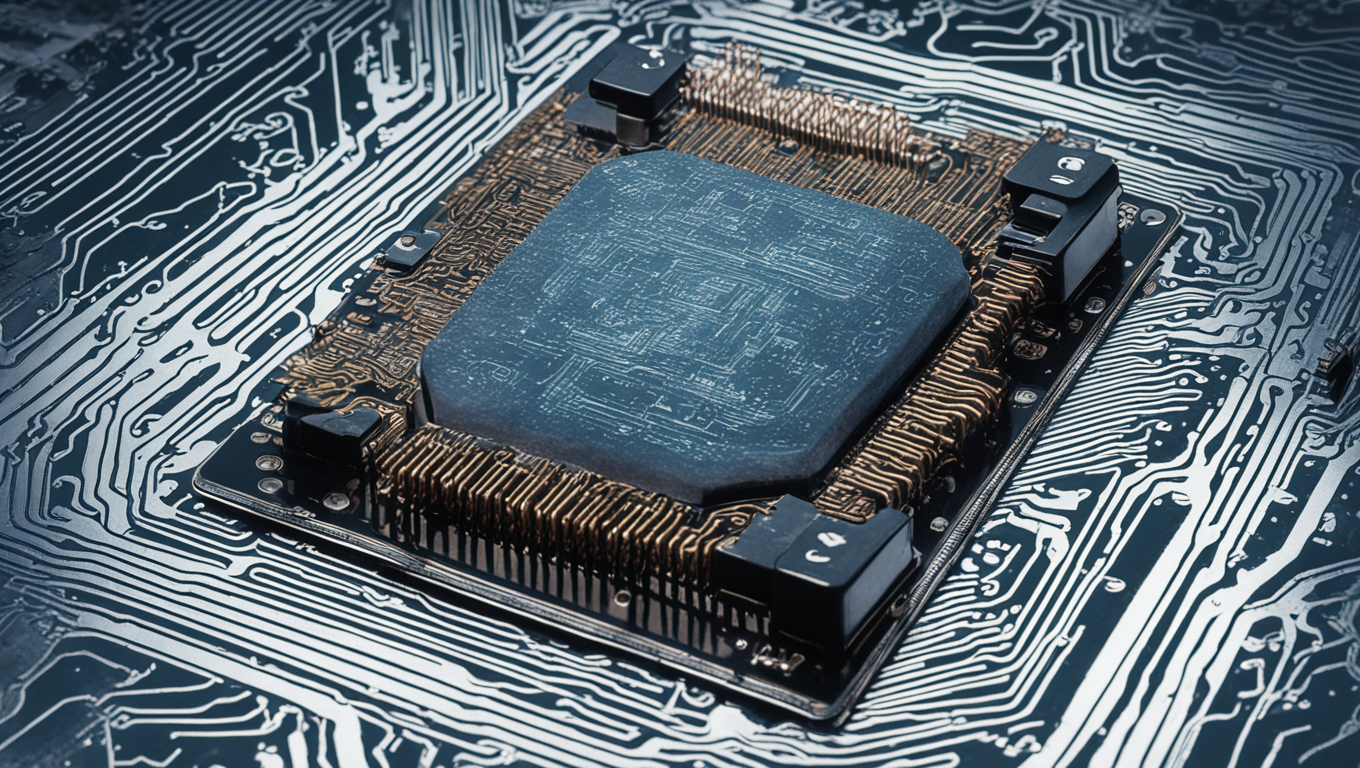In the realm of artificial intelligence, energy efficiency has always been a key challenge. However, a team of Chinese and Swiss scientists has made a major breakthrough in this area with the development of an energy-efficient neuromorphic chip called “Speck.” This chip, which mimics the neurons and synapses of the human brain, has the potential to revolutionize AI systems by significantly reducing power consumption.
The human brain, with its incredibly intricate neural networks, operates on a mere 20 watts of power. This is in stark contrast to the power consumption of current AI systems, which can be quite high. By taking inspiration from the brain, the researchers from the Institute of Automation under the Chinese Academy of Sciences and SynSense AG Corporation in Switzerland have created a chip that offers promising energy-saving machine intelligence.
What sets Speck apart is its astonishingly low resting power consumption of just 0.42 milliwatts. This means that when there is no input, the chip consumes almost no energy. This is achieved by emulating the brain’s “dynamic imbalance” characteristic of spiking neural networks. The chip is designed with an attention-based framework, where significant external stimuli are given more attention by the brain. This framework allows for dynamic computing and achieves a real-time power as low as 0.70 milliwatts.
The potential applications of Speck are far-reaching. With its brain-inspired intelligence, the chip offers exceptional energy efficiency, minimal latency, and reduced power consumption. It can be a game-changer for various AI applications, from robotics to healthcare and beyond. Li Guoqi, one of the corresponding authors of the study, explains, “This work offers artificial intelligence applications a brain-inspired intelligent solution characterized by exceptional energy efficiency, minimal latency, and reduced power consumption.”
The development of Speck opens up new possibilities for AI systems. By harnessing the efficiency of the human brain, this chip paves the way for more sustainable and powerful AI technologies. As the field of AI continues to advance, energy efficiency becomes increasingly important. Speck represents a significant step forward in achieving this goal.
In the words of Li Guoqi, “The energy-efficient neuromorphic chip, Speck, has the potential to revolutionize the field of artificial intelligence. Its exceptional energy efficiency, combined with its brain-inspired intelligence, makes it a game-changer for various applications. We are excited to see how this technology will continue to evolve and shape the future of AI.” With its potential to reshape the AI landscape, the development of Speck is indeed an exciting milestone in the field of artificial intelligence.





Use the share button below if you liked it.